Unlike its predecessor, Windows Server 2012 r2 standard can switch between “Server Core” and “Server with a GUI” installation options without a full reinstallation. Server Core – an option with a command-line interface only – is now the recommended configuration. There is also a third installation option that allows some GUI elements such as MMC and Server Manager to run, but without the normal desktop, shell or default programs like File Explorer.
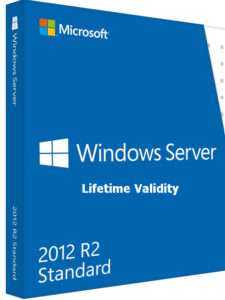
User interface
Server Manager, redesigned with an emphasis on easing management of multiple servers. The operating system, like Windows 8, uses the Metro-based user interface unless installed in Server Core mode. Windows Store is available in this version of Windows but is not installed by default. Windows PowerShell in this version has over 2300 commandlets, compared to around 200 in Windows Server 2008 R2.
Task Manager
Main article: Windows Task Manager
Windows Windows Server 2012 r2 standard includes a new version of Windows Task Manager together with the old version. In the new version the tabs are hid by default, showing applications only. In the new Processes tab, the processes displayed in varying shades of yellow, with darker shades, represent heavier resource use. Information found in the older versions now moved to the new Details tab.
The Performance tab shows “CPU”, “Memory”, “Disk”, “Wi-Fi” and “Ethernet” graphs. Unlike the Windows 8 version of Task Manager (which looks similar), the “Disk” activity graph not enabled by default. The CPU tab no longer displays individual graphs for every logical processor on the system by default, although that remains an option.
Additionally, Windows Server 2012 r2 standard can display data for each non-uniform memory access (NUMA) node. When displaying data for each logical processor for machines with more than 64 logical processors, the CPU tab now displays simple utilization percentages on heat-mapping tiles. The color used for these heat maps is blue, with darker shades again indicating heavier utilization.
Hovering the cursor over any logical processor’s data now shows the NUMA node of that processor and its ID, if applicable. Additionally, a new Startup tab added for startup applications, however this tab does not exist in Windows Server 2012. The new task manager recognizes when a Windows Store app has the “Suspended” status.
IP address management (IPAM)
Windows Server 2012 has an IP address management role for discovering, monitoring, auditing, and managing the IP address space used on a corporate network. The IPAM is used for the management and monitoring of Domain Name System (DNS) and Dynamic Host Configuration Protocol (DHCP) servers. Both IPv4 and IPv6 support.
Active Directory
Windows Server 2012 has a number of changes to Active Directory from the version shipped with Windows Server 2008 R2. The Active Directory Domain Services installation wizard replaced by a new section in Server Manager. A GUI added to the Active Directory Recycle Bin.
Multiple password policies set in the same domain. Active Directory in Windows Server 2012 r2 standard now aware of any changes resulting from virtualization, and virtualized domain controllers safely cloned. Upgrades of the domain functional level to Windows Server 2012 are simplified; performed entirely in Server Manager.
Active Directory Federation Services is no longer required to be downloaded when installed as a role, and claims which used by the Active Directory Federation Services introduced into the Kerberos token. Windows Powershell commands used by Active Directory Administrative Center viewed in a “Powershell History Viewer”.
Hyper-V
Windows Server 2012, along with Windows 8, includes a new version of Hyper-V, as presented at the Microsoft BUILD event. Many new features added to Hyper-V, including network virtualization, multi-tenancy, storage resource pools, cross-premises connectivity, and cloud backup.
Additionally, many of the former restrictions on resource consumption lifted. Each virtual machine in this version of Hyper-V can access up to 64 virtual processors, up to 1 terabyte of memory, and up to 64 terabytes of virtual disk space per virtual hard disk (using a new .vhdx format). Up to 1024 virtual machines can be active per host, and up to 8000 can be active per failover cluster. SLAT a required processor feature for Hyper-V on Windows 8, while for Windows Server 2012 it is only required for the supplementary RemoteFX role.
System Requirements:
| Description | Requirements |
|---|---|
| CPU architecture | x64 |
| CPU clock rate | 1,4 GHz |
| RAM | 512 MB |
| Disc capacity | 32 GB * |
For any query contact us:
Use the link to download the evaluation version
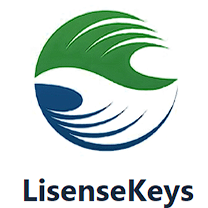
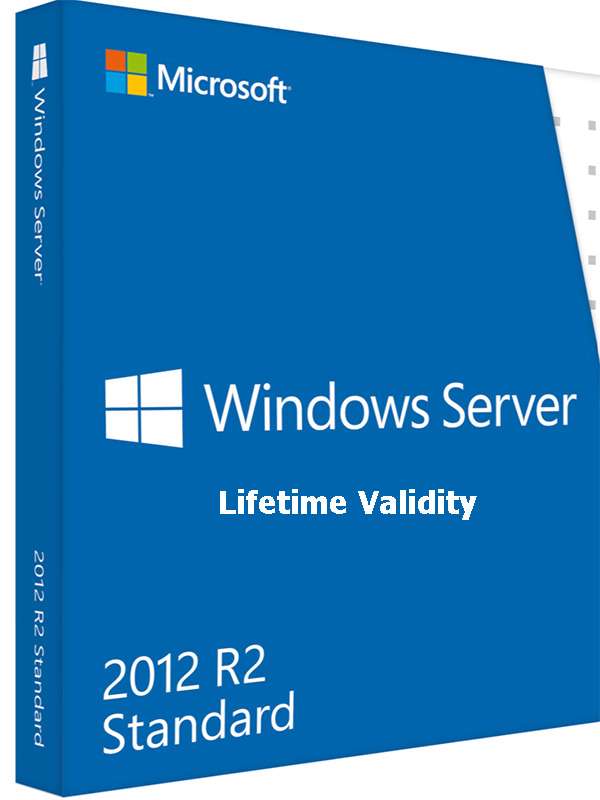
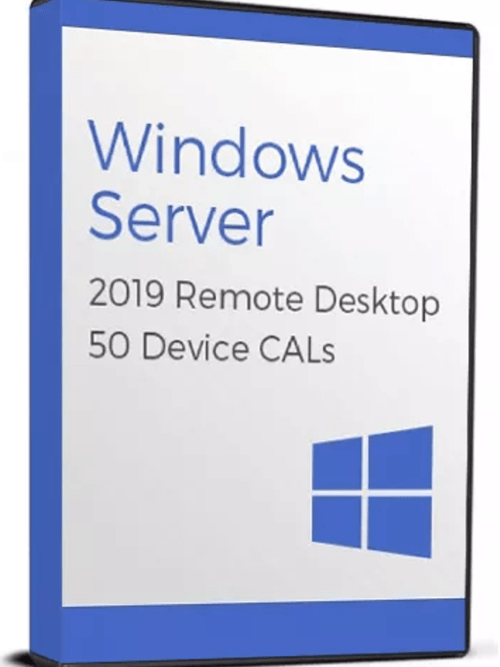
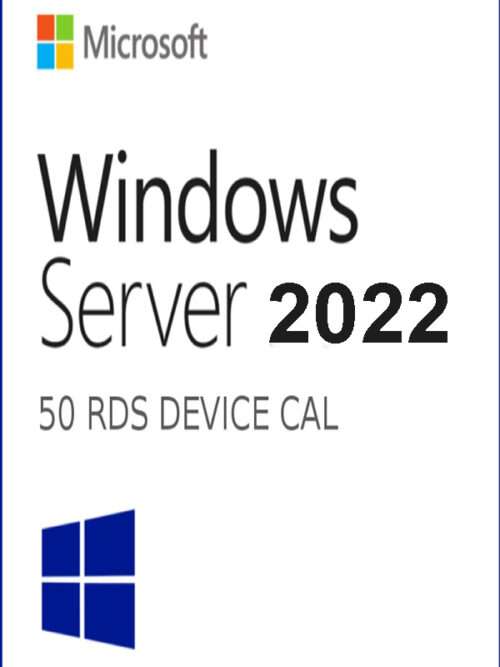
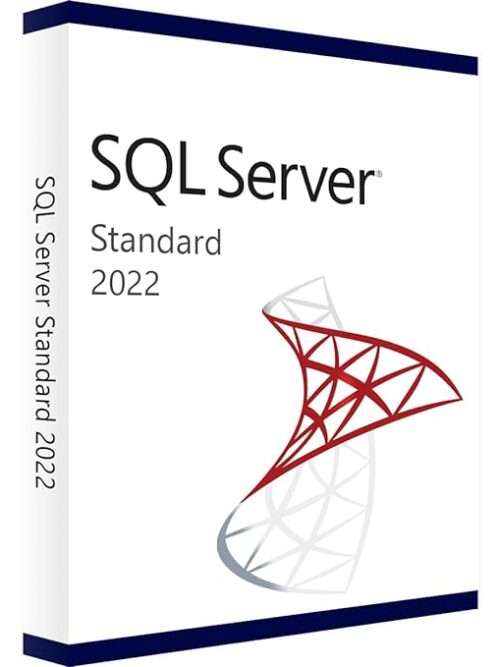
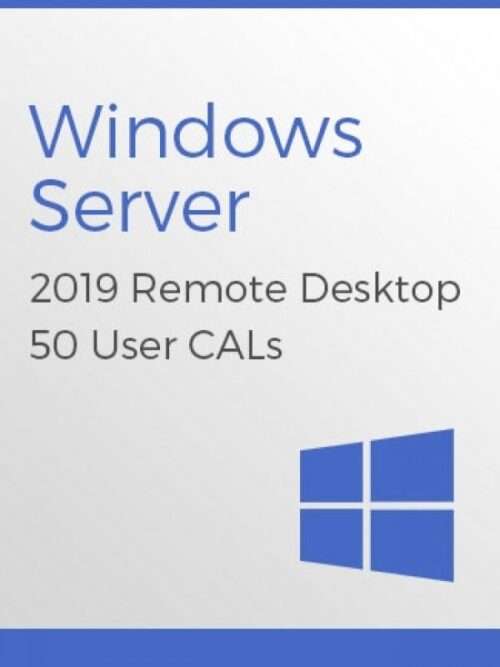
Reviews
There are no reviews yet.